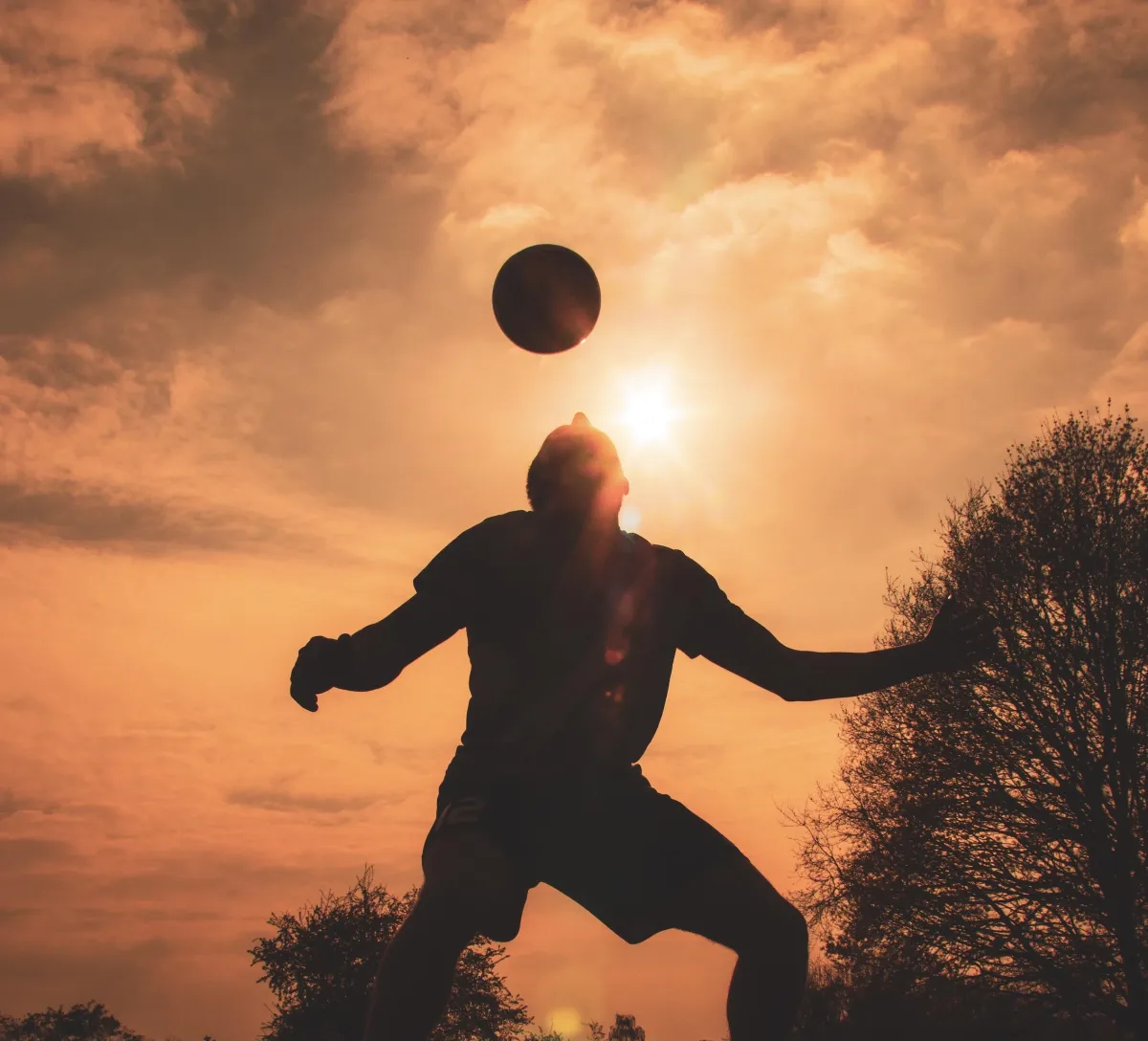619-853-6319

Mental toughness tied to goal setting success?

Of the 38% of Americans that make New Year’s resolutions, many of them don’t stick with them, in fact, 91% fail to achieve their goals by the end of the year.
Why is that?
Most of us want to improve in some way; learn more in our fields, get physically fit, eat better, or spend more time helping others. Many of us set goals, so why do most of us lose our way and fail to achieve them?
It turns out our mindset and emotions are intertwined with our behaviors. When we are trying to reach goals and we experience a setback, we will rationally think about that result AND emotionally process it as well.
Those with a low level of CONTROL, a key aspect of Mental Toughness, will believe that “life happens to them” and they do not influence their outcomes. They believe that they can’t do what is important to move the needle toward a goal. They will find reasons why they CAN’T do something and their emotions will guide the decisions they make. Research shows that those people that are low in the CONTROL factor of Mental Toughness tend to experience more stress as a result.
When I observe athletes setting goals in ways to improve, they often make the error of focusing on things that are out of their control.
If we only focus on an outcome goal such as “ I want to win my next tournament”, there are so many things that that athlete cannot control, ie: ‘ref calls that are questionable, the talent on the other team, how other teammates play. The list could go on and on.
Successful goal setting and goal attainment occurs when we focus on what we can control.
What can we control?
How much effort we give
How open we are to learning and taking risks by trying something new
How much time we practice on the field, court or ice
How much time we spend honing our Mental Toughness skills
When setting goals, focus on those process or performance goals that you can control, ie: “I will practice 4x this week, instead of 3x”
Again, if we simply set an outcome goal of winning the next game, and we lose, we won’t feel good about it and come away thinking that we failed. This can feel very self-defeating on a rational and emotional level and cause us to abandon our goals. If, however, we focus on goals around how we want to show up, ie: “I want to stay calm and focused when I am up to bat”, that smaller, short term goal is in our control.
As we support our athletes and encourage them to increase their levels of CONTROL, we can ask questions such as, “What can you bring into your control to ensure that you will succeed with your chosen path?”
Goal setting and attainment is not just about having good intentions, it is also about building those Mental Toughness muscles such as our perception of CONTROL, so that we learn/reinforce that are actions can make a difference and as a result, develop a ‘can do’ attitude.
It is indeed empowering to know that our actions can have a major influence on our environment.
Remember: with a GREAT mindset, comes GREAT results!
Source
Testimonials
"I started working with Shannon because I was having trouble focusing and managing my nerves. In just 6 weeks I learned so much. I have already noticed a big improvement in my ability to stay focused and calm under pressure. As I use the skills Shannon taught me, I expect my mental toughness muscles to keep growing stronger. Best of all, Shannon truly cares about her clients. I felt her sincere desire to help me become the best version of myself. I am so grateful to her!"
Kristina - Singles Figure skater
"One of the most powerful things that I took away from my coaching with Shannon was the use of Imagery, how I can use it to prepare for challenging situations. When I practice with Imagery ahead of time, I realize that I have been there before and I’ve planned for this situation. As a result, I feel more in control and confident of my abilities. I now use Imagery to
prepare for challenging situations as a way to regulate my emotions and get me in a good mindset, it’s great to feel prepared.
The other thing that has really helped was being aware of my activation level. Before, I won’t lie, I was unaware of it, and now that I know where I want to be (excitement level as I start a game), I feel better, like I am in more control of how I am showing up. "
Ava - High School Softball player
"I used to get really frustrated with myself on bad skating days, especially when I came into the rink already upset or sad. I would often leave more frustrated than when I came in. Coach Shannon taught us about our emotional tank and how our state of mind can impact our performance, which has made a huge impact on my improvement. When I became aware of my emotional tank, I was able to adjust my expectations and what I was practicing that day, which allowed me to make progress on the harder days. In general, it helped me have a better attitude toward skating and enjoy it much more. Now, I’ve applied this to different aspects of my life, including school and it has really helped! "
Trinity - Synchronized and Singles Figure skater
"My daughter did your workshop and it helped her to win so many competitions. She practices her Mental Toughness exercises daily. Thank you very much for helping Matilda to become an amazing Ice Skater!"
Parent
Sign-up for our monthly newsletter
619-853-6319
Copyright © 2023 Mentally Tough Edge - All Rights Reserved.

